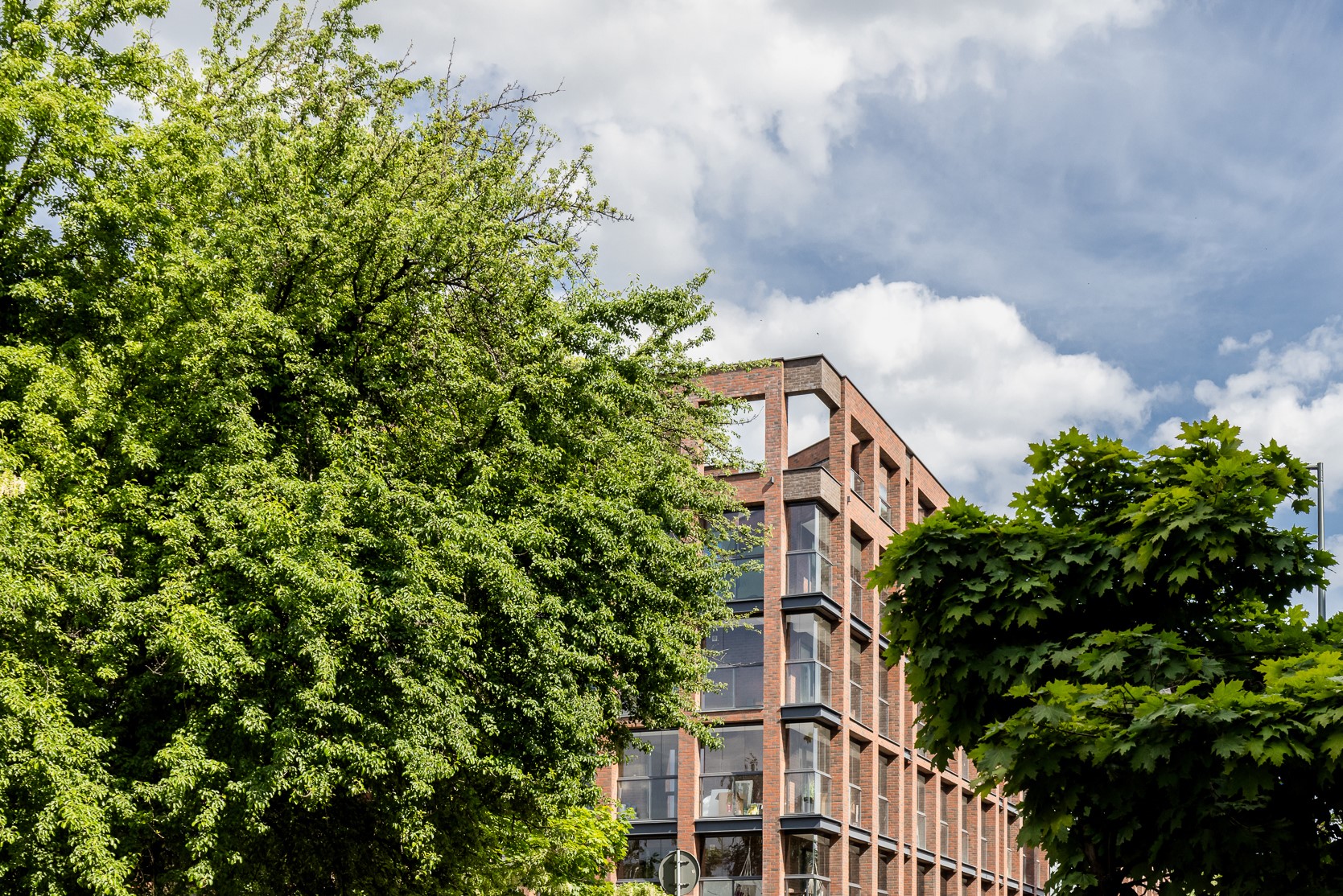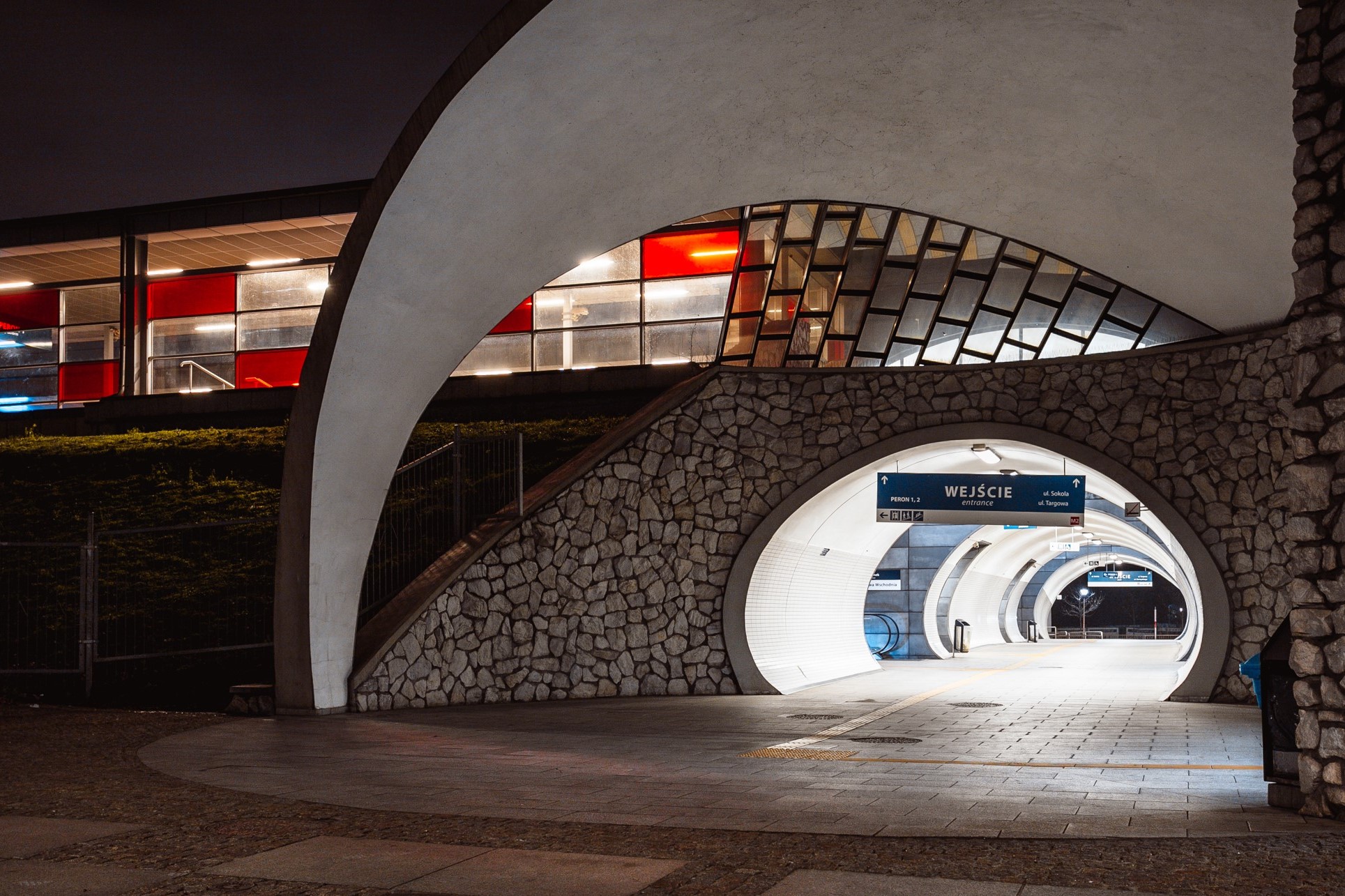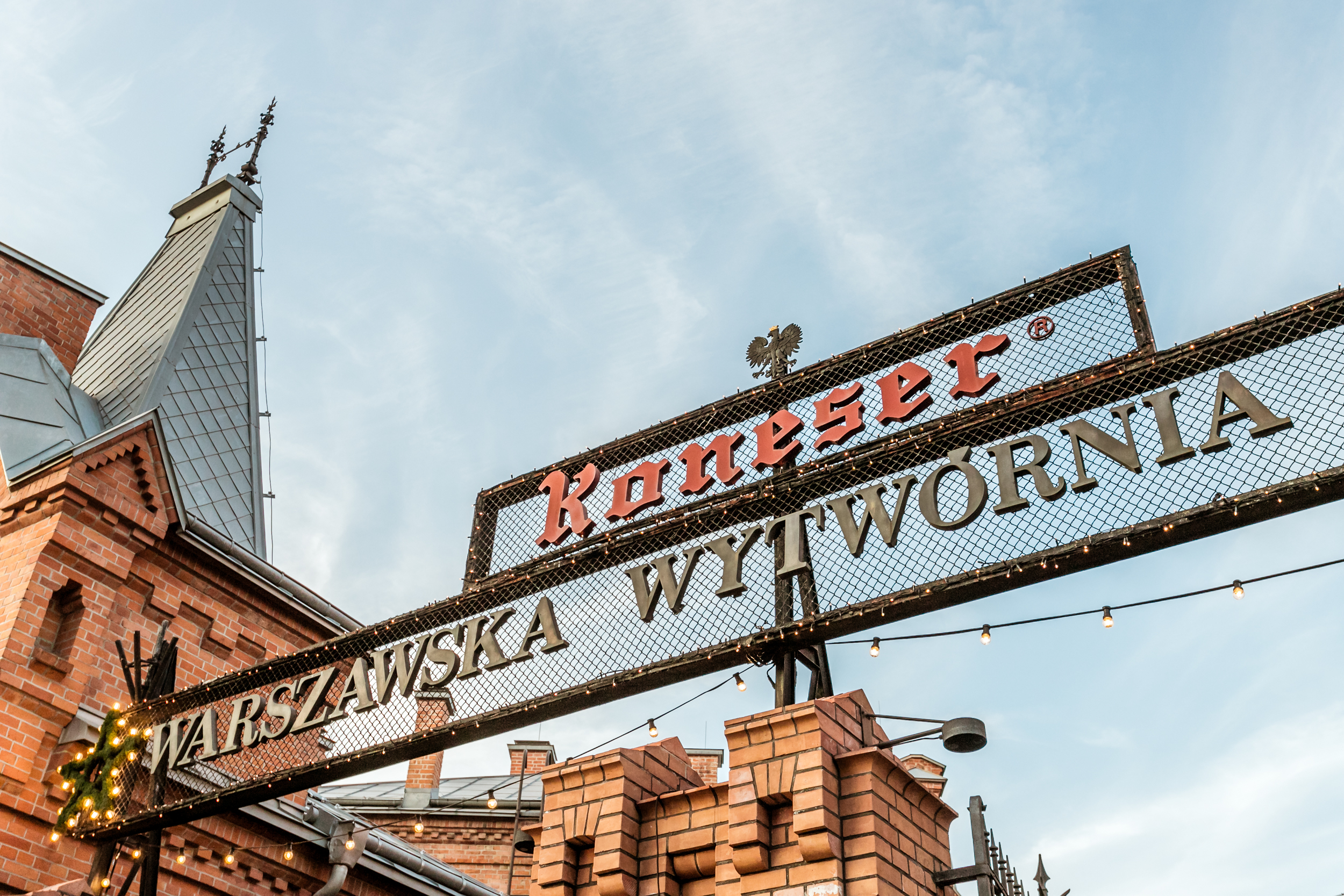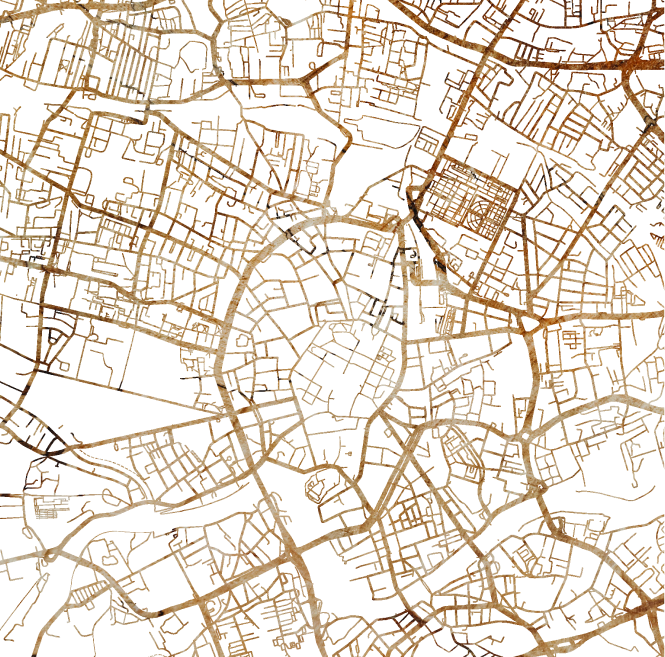Praga Północ - a local bohemian district on the other side of the river
Like Berlin's Kreuzberg - a colorful neighborhood known for its cafes, galleries and an active local community.
Based in Warsaw, Poland
Based in Warsaw, Poland
General Overview
Traditionally
anchored with a reputation as a raw and rough area, the revitalization of Praga
Północ is one of Warsaw’s major recent triumphs. Though still a work in
progress, the district has changed much thanks to a series of major investments
from both the private and public sector. Certainly, Poland’s capital has far
more prestigious areas, but there are none that match Praga’s energy, dynamism,
atmosphere and potential. Worn and shabby in parts, this gritty authenticity
has acted in its favour and attracted creatives, NGOs, artists and media
agencies. But this tells only part of the story; sometimes likened to Berlin’s
Kreuzberg district, this section of Warsaw is characterized by its alternative
nightlife, large format murals, family-run businesses, buoyant arts scene, and
vibrant sense of community. Moreover, flagship projects such as the
revitalization of the Koneser Vodka Factory have given Praga
Północ worldwide press. On-the-up, Praga Północ stands on the verge of
something truly special.
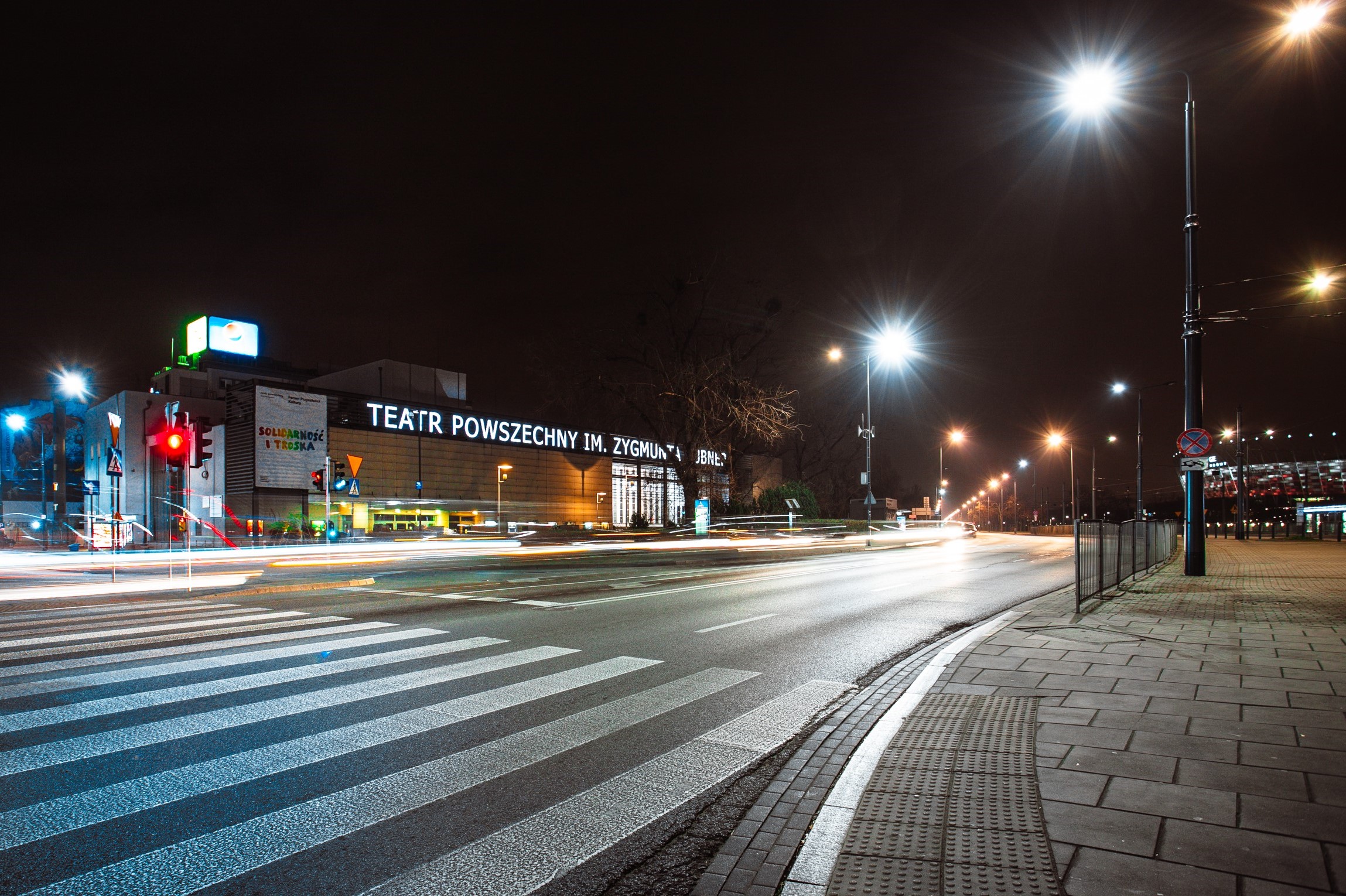
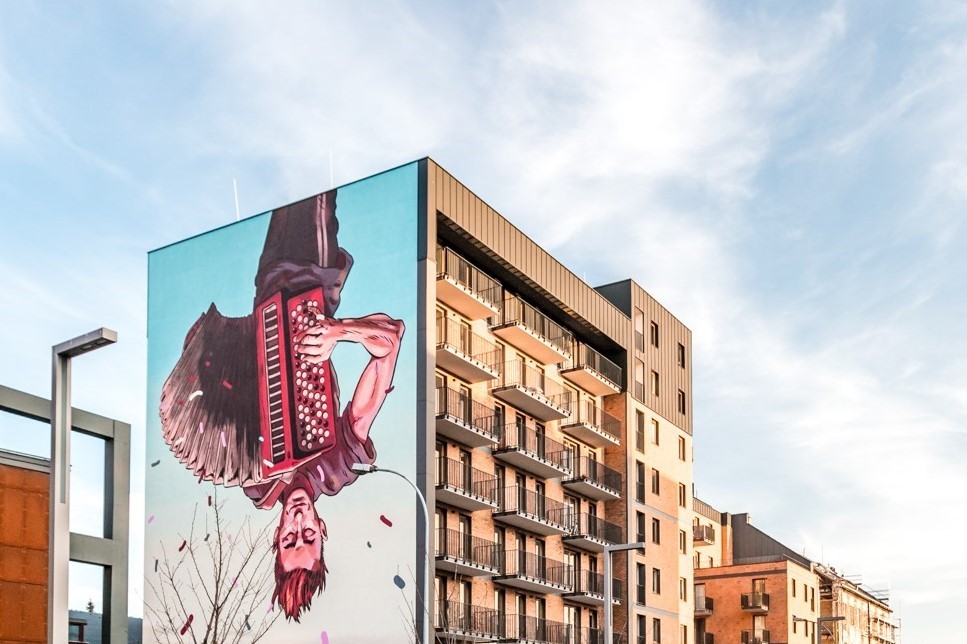
Architecture & Property
Praga
Północ owes much of its growth to the Industrial Revolution, and it was during
this period that many of its tenements were built to house workers labouring in
the district’s factories. Notable for their charming courtyard shrines, these
buildings survived the war bearing only token bullet scars – many of these
remain to this day and act as a reminder not just of the war, but also the
inaction that defined the area’s post-war decay. Slowly but surely, many of
these have been renovated, though perhaps none better demonstrate the
regeneration than the Neo Gothic Pod Sowami building on Okrzei street.
Meticulously restored, today its upper floors contain luxury apartments that
say much for the area’s rebirth. This is evidenced yet further on Ząbkowska, a
lively cobbled street that leads to the Koneser mixed use project. Containing
offices, top class restaurants, galleries, and a major museum dedicated to
vodka, it’s become equally known for its loft-style residential apartments that
stare onto the pristine plaza below.
Boosting
the modern housing stock yet further has been Port Praski, an immense
residential and commercial complex that will eventually grow to feature a
marina. Set in close proximity to historic landmarks such as the onion-domed
Orthodox Cathedral, the streets of Praga Północ offer a rich patchwork of
contrasts and sensations.
Architecture & Property
Praga
Północ owes much of its growth to the Industrial Revolution, and it was during
this period that many of its tenements were built to house workers labouring in
the district’s factories. Notable for their charming courtyard shrines, these
buildings survived the war bearing only token bullet scars – many of these
remain to this day and act as a reminder not just of the war, but also the
inaction that defined the area’s post-war decay. Slowly but surely, many of
these have been renovated, though perhaps none better demonstrate the
regeneration than the Neo Gothic Pod Sowami building on Okrzei street.
Meticulously restored, today its upper floors contain luxury apartments that
say much for the area’s rebirth. This is evidenced yet further on Ząbkowska, a
lively cobbled street that leads to the Koneser mixed use project. Containing
offices, top class restaurants, galleries, and a major museum dedicated to
vodka, it’s become equally known for its loft-style residential apartments that
stare onto the pristine plaza below.
Boosting
the modern housing stock yet further has been Port Praski, an immense
residential and commercial complex that will eventually grow to feature a
marina. Set in close proximity to historic landmarks such as the onion-domed
Orthodox Cathedral, the streets of Praga Północ offer a rich patchwork of
contrasts and sensations.

Green Spaces
Park Praski
is the green lungs of Praga Północ, but it is the riverside that offers the most
rewarding experience. Dramatically contrasted against the renovated left bank,
the Vistula’s right rump is a wild tangle of trees and vegetation. Offering a
dose of nature in its most sincere and untouched form, few capitals on the
planet can boast such a genuine environmental glory cutting through their city
– it’s ideal for hiking or off-road biking.
